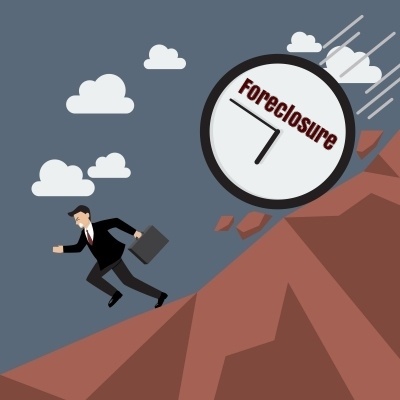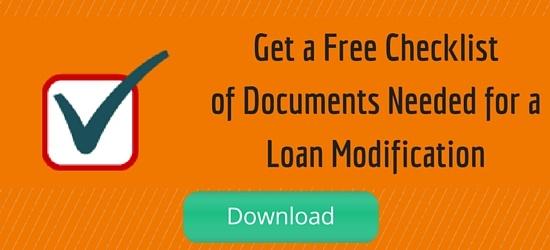 If your home or your ability to pay your mortgage was damaged by a presidentially-declared disaster, such as hurricanes Harvey, Irma, or Maria, you may qualify for a foreclosure moratorium.
If your home or your ability to pay your mortgage was damaged by a presidentially-declared disaster, such as hurricanes Harvey, Irma, or Maria, you may qualify for a foreclosure moratorium.
The Department of Housing and Urban Development (HUD) website says:
“If you are at risk of losing your home because of the disaster, your lender may stop or delay initiation of foreclosure for 90 days. Lenders may also waive late fees for borrowers who may become delinquent on their loans as a result of the disaster.”
This help is much needed for many people affected by the recent hurricanes. Forced evacuations, missed work, damaged homes and property, injuries, and all kinds of extra expenses are contributing to people's financial hardships, which can leave them unable to make mortgage payments.
90 days delay on foreclosure initiation or a waiver on late fees is a big help in easing the burden caused by a disaster and could be the difference between keeping your home and losing it.
To have our office review your Hurricane Hardship [Request Your Review Here]
Disaster Relief For Conventional Mortgage
If your mortgage is conventional, which means that it's not insured by the federal government, then you need to contact your mortgage servicer for more information about disaster relief. Tell them about your situation and ask what they can do to help. They may be willing to offer you help.
Disaster Relief For FHA-Insured Mortgages
FHA lenders are required to “automatically stop all foreclosure actions against families with delinquent loans on homes within the boundaries of a Presidentially-declared disaster area.”
From the HUD website:
HUD has instructed FHA lenders to use reasonable judgment in determining who is an “affected borrower.” Lenders are required to reevaluate each delinquent loan until reinstatement or foreclosure and to identify the cause of default. Contact your lender to let them know about your situation. Some of the actions that your lender may take are:
- During the term of a moratorium, your loan may not be referred to foreclosure if you were affected by a disaster.
- Your lender will evaluate you for any available loss mitigation assistance to help you retain your home.
- Your lender may enter into a forbearance plan, or execute a loan modification or a partial claim, if these actions will help retain and pay for your home.
- If saving your home is not feasible, lenders have some flexibility in using the pre-foreclosure sales program or may offer to accept a deed-in-lieu of foreclosure.
Qualifying For Foreclosure Moratorium
To qualify for a moratorium on foreclosure you must be in one of the three groups below:
- You or your family live within the geographic boundaries of a Presidentially-declared disaster area, you are automatically covered by a 90-day foreclosure moratorium.
- You are a household member of someone who is deceased, missing or injured directly due to the disaster, you qualify for a moratorium.
- Your financial ability to pay your mortgage debt was directly or substantially affected by a disaster, you qualify for a moratorium.
What To Do
HUD stresses the importance of promptly contacting your lender to tell them about your disaster-related mortgage problems to be sure that they know you are affected. They may require you to submit documentation that supports your claim. Submitting documents to your lender can be a hassle, but once you're identified as an affected borrower, foreclosure should be stopped if your loan is FHA-insured.
The FHA foreclosure moratorium only applies to borrowers who are in default. Borrowers who are current on their mortgage payments are advised to continue making them if able.
Though the foreclosure moratorium only applies to FHA-insured loans, if you have a conventional mortgage and have been affected by a disaster you should still contact your loan servicer and ask if they can help. They may be able to offer you assistance.
There is also other help available for homeowners affected by disasters like the recent hurricanes, including home and disaster assistance from FEMA, disaster unemployment, and disaster SNAP (food stamps).
If you need help with your mortgage and don't live in an area affected by a disaster, you may still be able to get a loan modification that reinstates your delinquent mortgage and returns it to normal servicing. Some loan modifications include better terms like a lower payment and interest rate, which can give you the best chance of staying current on the loan in the future.
If you are struggling to understand your options, leave a message below, or send us an email at info@amerihopealliance.com and we'll point you in the right direction.










